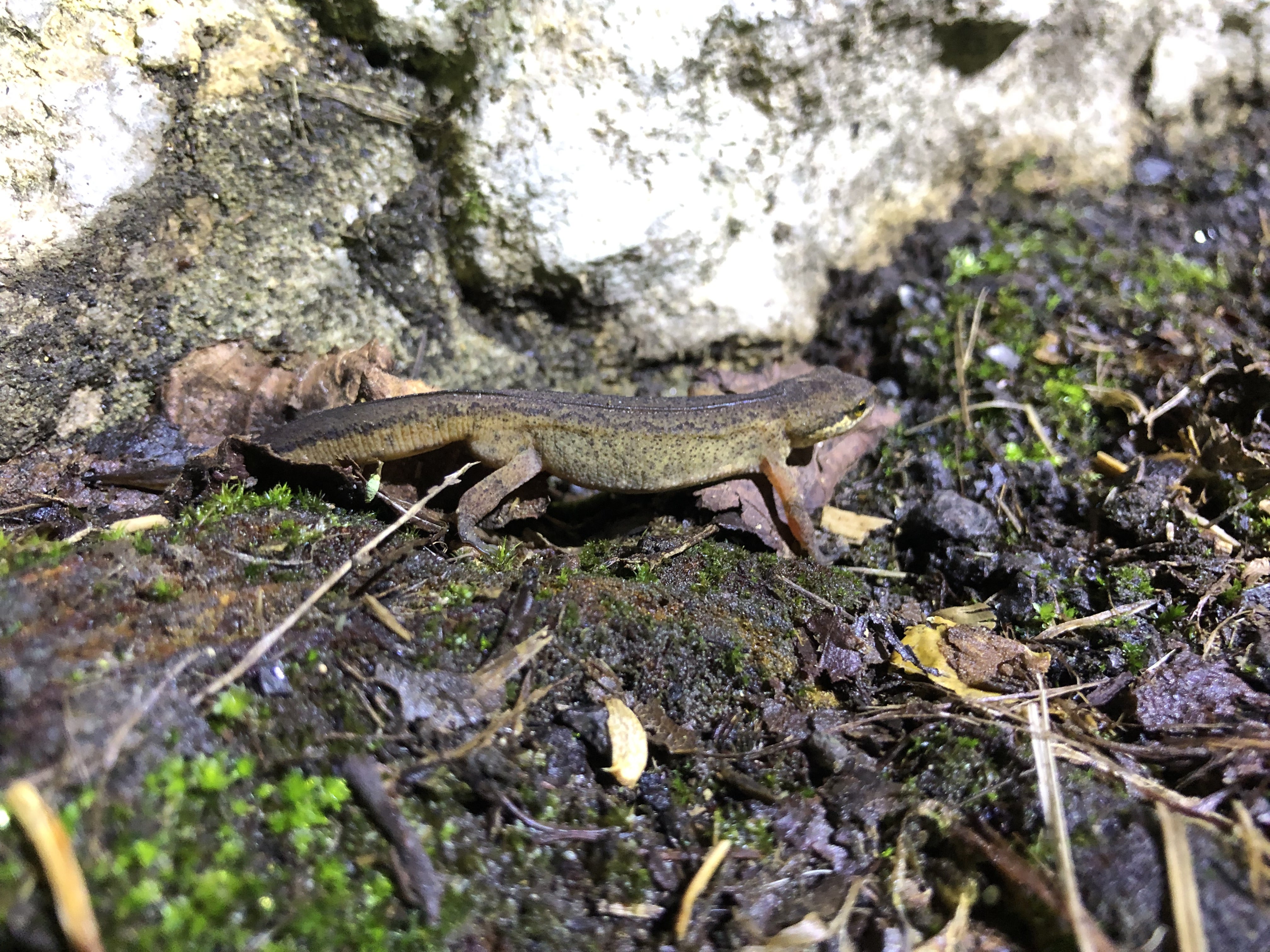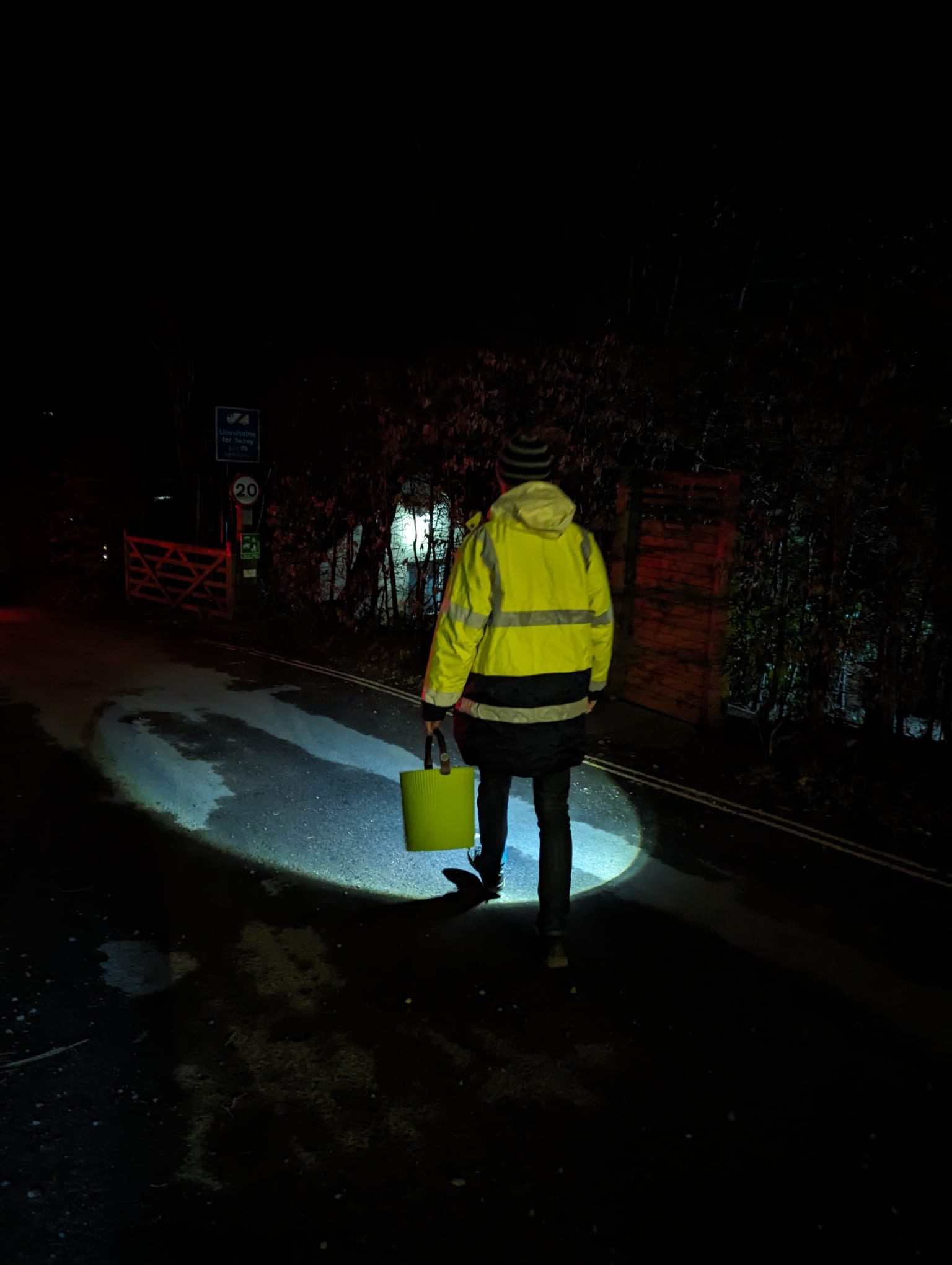
A road will close for six weeks to allow thousands of amphibians safe passage to their breeding grounds.
Charlcombe Lane, near Bath, will be shut until 25 March as the Charlcombe Toad Rescue Group helps toads, frogs, and newts reach their ancestral breeding lake.
Each night at dusk, volunteers in high-visibility jackets will patrol the half-mile stretch of road, equipped with torches and buckets. Their mission: to safely escort over 3,000 amphibians across the busy road. The volunteers will collectively dedicate over 600 hours to this crucial conservation effort.
To stop disturbance, the rescuers use latex-free, powder-free gloves to carefully collect the toads, frogs, and newts, placing them in buckets for transport to designated drop-off points near the lake. Last year, over 50 volunteers helped 3,225 amphibians make the crossing.
Charlcombe Lane map:
It was the second-best year for the number of amphibians recorded and the busiest in 14 years.
Last year also saw the largest number of newts helped on record and it was the best for toads since 2013.
The annual closure has taken place each spring since 2003 with the agreement of Bath and North East Somerset Council.
It is only one of four road closures in the UK and it has played a vital role in keeping the local population of amphibians stable during the last 20 years.
Before the closure of Charlcombe Lane the casualty rate was 62% while in 2024 it was 6%.

Helen Hobbs, who has been managing Charlcombe Toad Rescue Group since 2003, said: “Closing Charlcombe Lane, with the support of the local community, has been a game changer for our amphibian population.
“It has meant that toads, frogs and newts have been able to buck national trends and stand a fighting chance of flourishing.
“With a changing climate it is becoming increasingly difficult to predict the peak times for amphibian movements, which is why closing the road for six weeks really matters.
“Last year the busiest period was early February and in 2023 it was mid-March.”

In 2016 a team of scientists used data collected by toad patrols to explore what had been happening to the population of common toads across the UK.
The research demonstrated that the common toad population had declined by 68% in just 30 years.
The biggest challenges facing amphibians include road traffic, loss of habitat, such as the disappearance of ponds, and the fragmentation of habitats due to the intensification of farming and development.
A changing climate is also adversely affecting amphibians, with milder winters leading to them waking up from hibernation more frequently.
There are more than 200 patrols across the UK helping amphibians during the migration season.







